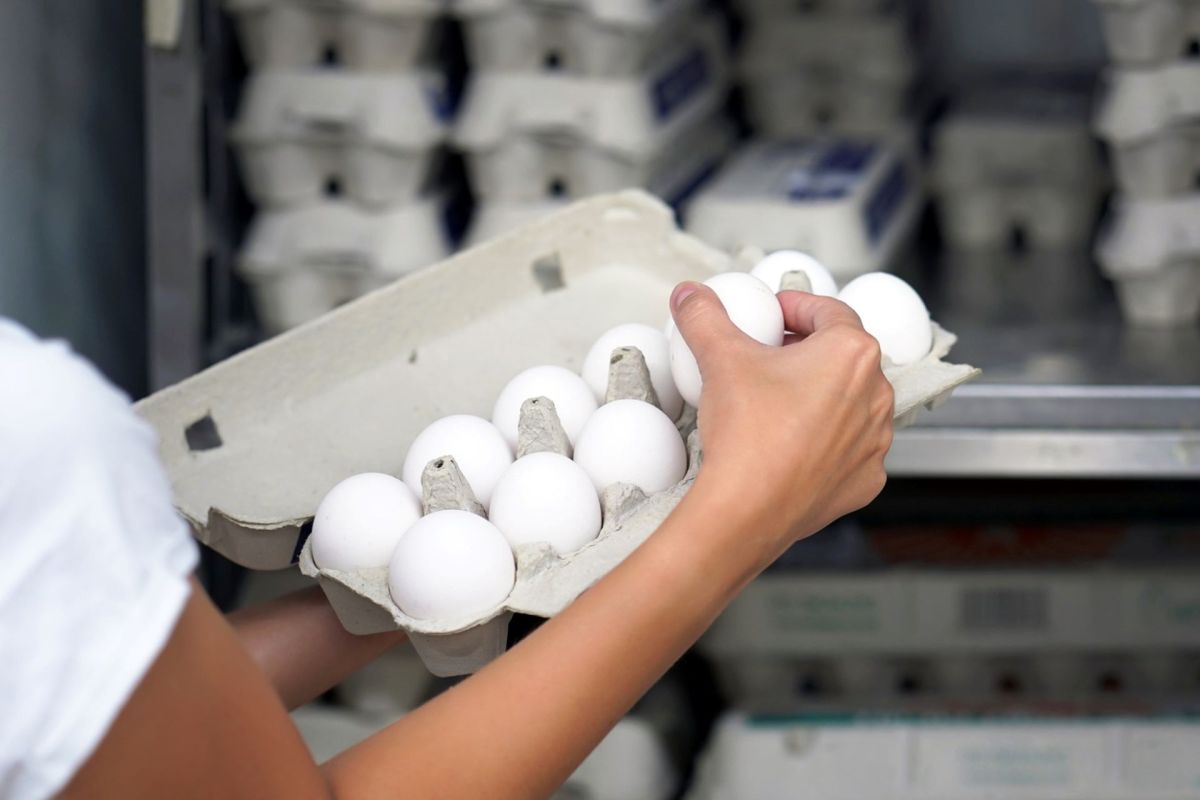A new technology may save billions of male chicks from a terrible fate. Currently, egg farmers kill 7 billion day-old chicks worldwide every year and roughly 300 million in the U.S. alone.
The chicks are culled — another way of saying killed — because they can't produce eggs and are not suitable for the production of meat.
Yuval Cinnamon, principal investigator at Israel's Volcani Institute, which works toward food security and safety, told Reuters about a solution to what he called "the most devastating animal welfare issue worldwide — the culling and sorting of day-old male chicks."
Cinnamon said his team has found a way to prevent the development of male embryos shortly after the eggs are laid.
"We take these eggs and activate the genetic trait using blue-light illumination, which immediately causes the males to stop developing," he said. "The females don't carry the trait and are entirely non-genetically modified, as are the table eggs they lay."
So the male chicks don't live but also don't suffer, whereas during culling they are either suffocated, electrified, or macerated, which is basically using chemicals to dissolve the muscles and other soft tissue. Sadly, that's considered one of the more humane ways to kill the chicks because they die within a second.
Animal welfare activists have been lobbying against the culling of male chicks for decades, Vox reported. In 2016, the United Egg Producers, a lobbying group for the industry, said it was hoping to develop technology that would put an end to culling by 2020.
But Vox reported that in July 2020, the UEP said it was still searching for "an economically feasible, commercially viable alternative to the practice of male chick culling at hatcheries."
It appears that Cinnamon's team has found that alternative. The unhatched male eggs can also be put to use for other purposes like animal feed.
Poultry by Huminn, which is licensed to commercialize the research, hopes to make the technology available worldwide.
"We are in advanced talks with layer genetics companies and can see our solution on the market within two years," CEO Yaarit Wainberg told Reuters. "It will solve a major problem for the industry."
Join our free newsletter for easy tips to save more, waste less, and help yourself while helping the planet.








